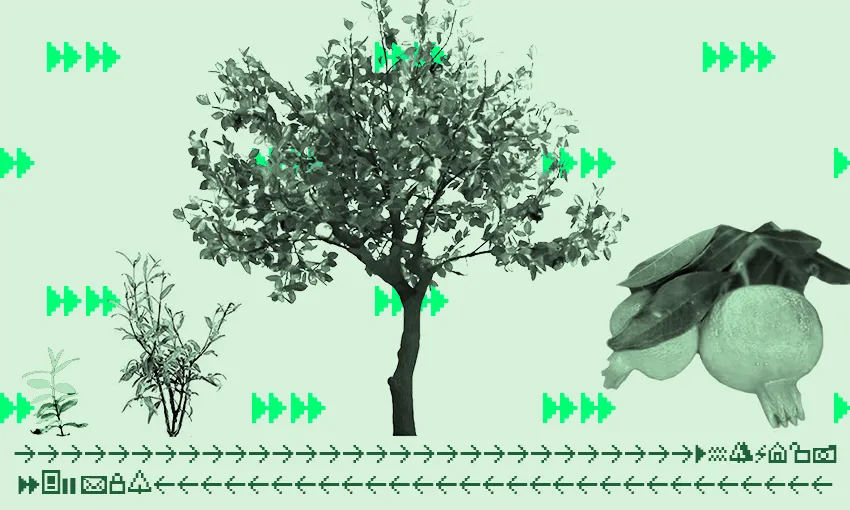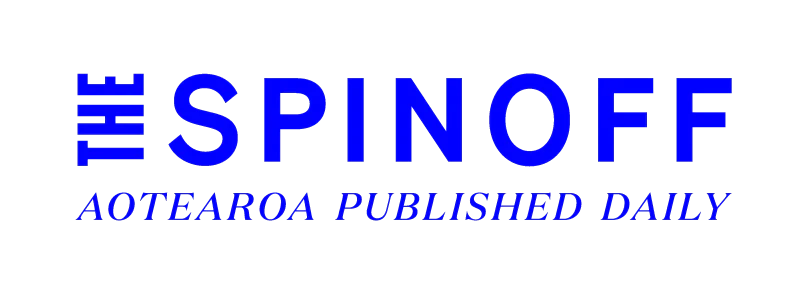Full stops not failproof for kids
A new report shows teenagers could fail on new numeracy and literacy standards.
Mōrena and welcome to The Bulletin for Wednesday, April 27, by Anna Rawhiti-Connell. Presented in partnership with Z Energy.
In today’s edition: Elon Musk buys Twitter; wealthiest not paying fair share; rents rise; but first, early testing on NCEA standards highlights points of failure.
Teenagers struggle with literacy and numeracy standards (Image: RNZ/123RF)
Lack of success punctuates early testing
A report from John Gerritsen at RNZ reveals many teenagers can not write “without intrusive spelling, punctuation and grammar errors” and would fail new and compulsory NCEA standards. In initial testing done last year, kids failed the standards if they didn’t know how to use full stops or that there are 60 minutes in an hour. The standards were introduced after the Tertiary Education Commission found 40% of teens with NCEA level 2 failed a basic adult literacy and numeracy test. Concern was raised in 2020 about the standards being too tough. Vaughan Couillault, president of the Secondary Principals' Association, said it was a worry but that Covid-19 disruptions may have been a factor.
The case for concern
Gerritsen’s report follows growing concerns about declining literacy rates in New Zealand. A report from education think tank Education Hub in late March suggested the education system was failing too many kids. It drew on multiple studies to reveal that one in five 15-year-olds are not meeting the lowest benchmark for reading and 20% are achieving only at the most basic level. In 2020 Unicef reported that only 64.4% of 15-year-olds in New Zealand have more than a basic proficiency in reading and maths, leaving over a third struggling to read and write.
New strategies launched in late March
Stuart McNaughton, a professor of curriculum and pedagogy at the University of Auckland, has written about why literacy rates might be in decline. McNaughton talks about curriculum and assessment changes and social media, although confirms that research has not turned up strong causal link there. Shortly after the Education Hub report was released, education minister Chris Hipkins said “a whole system change” was required. The government launched new strategies focused on literacy, maths and communications in late March which were welcomed by teachers.
Does a feature of text messaging provide one logical explanation?
Concerns about literacy and numeracy standards can spark moral panic about things like screen time, just as books sparked moral panic in the 19th century. Literacy is undoubtedly vital, especially in a society that places huge significance on the written word to communicate, but language evolves. Kids take better photos than their parents ever could. This New York Times article explains why young people don’t use full stops at the end of their text messages – each message has its own “bubble” so it’s clear the message has ended. It could go some way towards explaining why kids might fail an NCEA standard over a full stop.
We are on a mission to ensure independent journalism thrives in Aotearoa. Will you help us? Become a Spinoff member today and join a community of your fellow readers whose generous support funds our journalism and ensures we can continue bringing you powerful, original stories about the Aotearoa that was and will be. Head over here to find out more about how you can support our mahi.
We have no idea how much tax the wealthiest New Zealanders pay
Revenue minister David Parker delivered a speech on tax fairness yesterday. He called GST a “regressive” tax that hits low income earners the hardest, and said we don’t actually know how much tax the wealthiest New Zealanders pay. He will introduce a Tax Principles bill. Thomas Coughlan at the NZ Herald (paywalled) asks whether Parker could be hinting at the introduction of a wealth tax. Labour’s 2020 manifesto promised no new taxes and Parker said the government didn’t have any secret plans to introduce any. He did say the government was currently collecting data that’s previously been described as “patchy” and acknowledged the research would feed into Labour policy at the next election.
Rents rise across country
TradeMe’s latest Rental Price Index came out yesterday. The national median rent price has risen by 7% since the same time last year, to $575 a week. The largest rise was in Taranaki, where rents have increased by 18%. The Green Party launched a petition earlier this month calling for an immediate rent freeze until rent controls could be put in place. Green co-leader James Shaw made the case for rent controls on The Spinoff last week. James Graham, a lecturer in economics at the University of Sydney, has laid out the case against them being introduced.
Elon Musk buys microblogging site Twitter
The billionaire founder of Tesla has bought the social media platform for US$44 billion. When the site launched in 2006 you could only post 140 character updates. You can now post video, images and gifs, and incite a riot in Washington, D.C. About 11% of New Zealanders are estimated to use Twitter. The site provokes strong feelings among users who frequently refer to it as a “hell site”. If you’re not familiar with why users love and loathe Twitter, Garbage’s Day’s Ryan Broderick explains using the Will Smith Oscar’s slap incident. The Atlantic writes that Musk will be in for a shock and Charlie Warzel looks at the ways Musk’s purchase could play out.
Post-mortem on Warriors ANZAC day loss
Unfortunately most of the sports news has been dominated by the Warrior’s loss to the Melbourne Storm. Fans have taken it hard, with one Twitter user wryly noting that the silver lining is that half of the Storm are Māori. It’s been given a thorough post-mortem. Stuff’s Tony Smith ranks seven terrible performances from the team and calls Monday night’s game one of their worst ever performances since their 1996 debut. Worse than the 10-try loss to the Panthers in 2013. The Warriors haven’t played at home since 2019 because of the pandemic but will be back at Mt Smart in July.
Got some feedback about The Bulletin, or anything in the news? Get in touch with me at thebulletin@thespinoff.co.nz
Kalem Berntsen, aka The Kiwi Grower, makes very popular YouTube videos about growing plants. Shanti Mathias hears how he grew an influencer career and why plant content is so hot right now; Sam Brooks watches the return of Dancing With the Stars NZ; author Andi C. Buchanan writes about how their new novel is part of a rich autistic canon; Toby Manhire interviews Breakfast's new host Kamahl Santamaria; Duncan Greive explains how Netflix's bad situation will be sending a chill through the boardrooms of local broadcasters.














Regressive tax definition is clear; GST is a regressive tax. This article implies he is mislabelling it or making something up. Why not simply say he reminded us of this or pointed out the problems with GST as a regressive tax? He is making a good point that needs to be put more often.